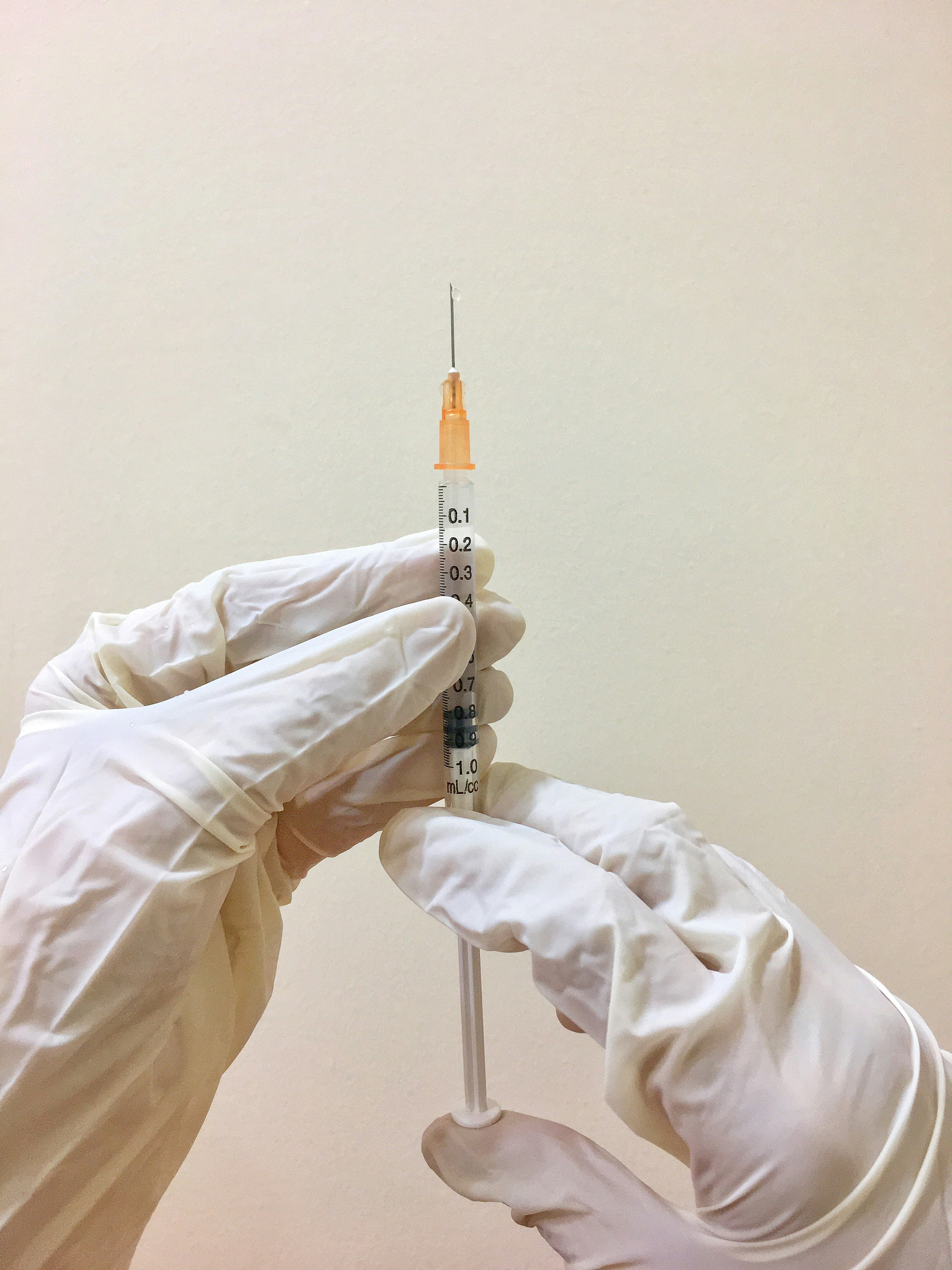The British Property Federation (BPF) said a lack of investment in NHS buildings meant 21% of primary care premises were described as not fit for purpose by GPs, while secondary care facilities had an £11.6bn maintenance backlog.
Melanie Leech, chief executive, British Property Federation, said: ‘NHS estates are a critical part of ensuring Britain has an efficient and effective healthcare system. By delivering much needed new facilities, upgrading existing buildings, and tackling maintenance issues, communities can receive better and more accessible care, ultimately improving health outcomes.
‘The private sector has the resources and capacity to be rapidly deployed in the construction and maintenance of NHS buildings, but the current system isn't enabling this investment to be fully realised and without it, NHS services will continue to suffer.
‘Reforming existing barriers to inward investment would enable constrained public finances to be spent elsewhere in the NHS, including on staff and equipment, while also helping the NHS reach its sustainability targets.'
The BPF recommended the Government worked with them to:
· enable NHS organisations to effectively utilise their budgets and private capital funding by reviewing spending limits and capital allocations
· review the primary care valuations process to ensure viable rents that deliver an appropriate return for investors and value for money for the NHS
· facilitate third party partnership between the NHS and the private sector for the construction and modernisation of both primary care and secondary care estates
· decentralise estate planning to enable local decision-making, guided by clear national objectives and frameworks that can better respond to local community need.
Matthew Taylor, chief executive of the NHS Confederation, said: ‘The UK lags behind most developed nations in terms of capital investment in healthcare, with patients and tax-payers left paying the price through the impact on services and productivity.'
Taylor said an extra £6.4bn was need to address crumbling estates, upgrade out-of-date equipment and invest in the latest digital technologies and put the NHS on a financially sustainable footing.
‘With the need dire and public finances stretched, multiple options should be on the table,' he added. ‘NHS leaders agree on the need for new capital investment and are open to working with the government and other partners on innovative ways to do this. But any new approaches to capital investment must provide value for money for the tax-payer, learn from past lessons and be consistent with public sector accounting rules.'
Chief executive of NHS Providers, Sir Julian Hartley said: 'NHS trusts are open to collaborating with public and private partners to unlock their long-held ambitions to build new hospitals or redevelop existing sites but are being thwarted by rigid Treasury rules. We've already seen examples of successful NHS and private sector collaborations that support the interests of the health service and creates better facilities for patients. It's time to explore different avenues to open up major capital investment for the NHS.'



